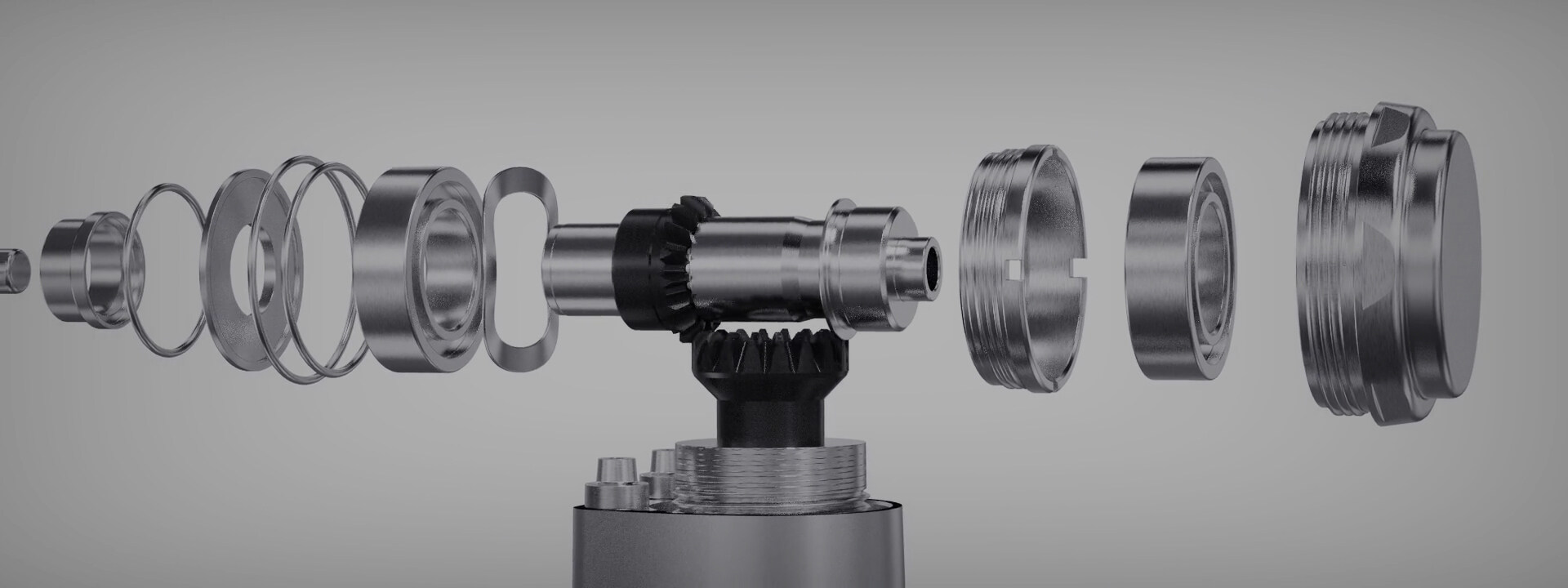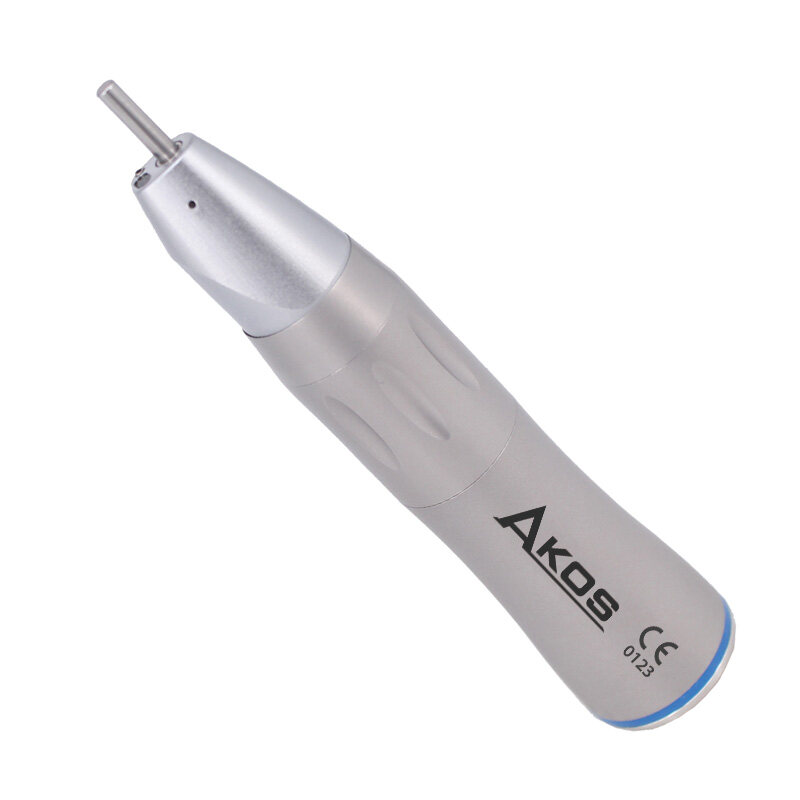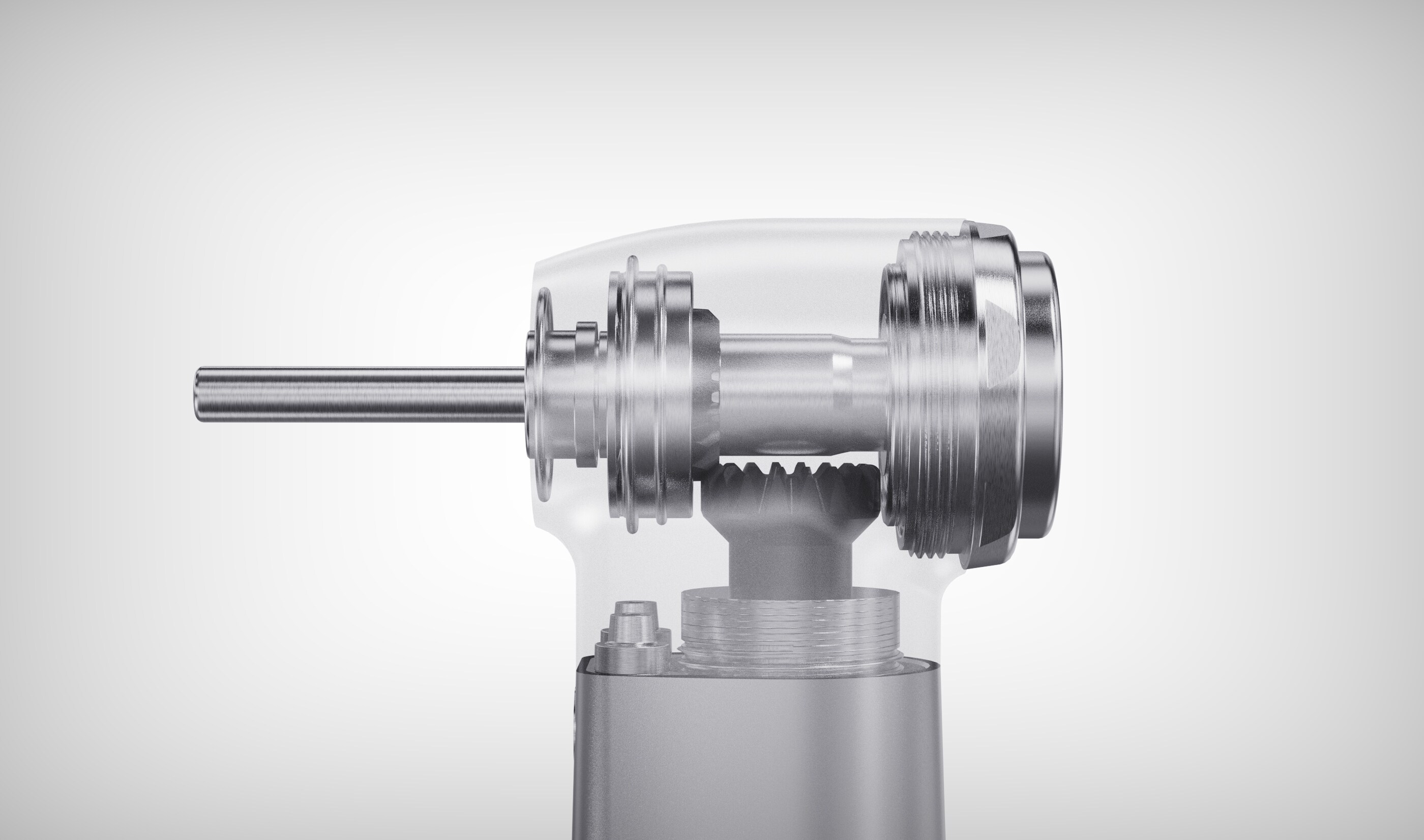Earráid i bhformáid ríomhphoist
emailCannotEmpty
emailDoesExist
pwdLetterLimtTip
inconsistentPwd
pwdLetterLimtTip
inconsistentPwd

Scéal
Anseo, is féidir leat cur síos a dhéanamh ar phíosa téacs is mian leat a chur in iúl.

V.S. Leictreach, tá a ndifríocht ar eolas acu
Feictear inniu go bhfuil níos mó ná "tráchtearraí" díreach mar "thráchtearraí" ann. Mar sin féin, mar a dhéanfar soiléir duit thíos, ní leor an tuairim seo. Is é an lámhdhéanta fiaclóireachta an uirlis is tábhachtaí atá ag an bhfiaclóir agus cuid riachtanach den chleachtas fiaclóireachta nua -aimseartha.
V.S. Leictreach

Tá dhá chóras ann chun an bur a thiomáint: an córas neomatach agus an córas leictreach. I gcórais neomatacha, tá tuirbíní agus mótair aeir deartha ar bhealach difriúil.
Maidir leis an tuirbín, spreagann an rótar an bur go díreach. Tá gás comhbhrúite á stiúradh ag impeller an rótair. Is féidir le luas réchasta an tuirbín a bheith suas le 400,000 rpm. Braitheann an luas oibre iarbhír ar an bhfórsa feidhmithe agus tá sé thart ar leath den luas díomhaoin, atá thart ar 150,000 go 250,000 rpm. Is é an t-uaschumhacht is féidir a bhaint amach ina raon Rev ná 10-26 vata.
Ar an láimh eile, tiomáineann an mótar aeir an bur go hindíreach trí phíosa cuartha nó trí lámhleabhar díreach. Is é an luas uasta is féidir leis an aer mótair a bhaint amach ná 25,000 rpm. Tá contra-uillinneacha ann le cóimheasa luathaithe agus luathaithe difriúla. Dá bhrí sin, is féidir le handpiece contra-uillinn le mótar aeir le cóimheas laghdaithe 2: 1 luas rothlach de thart ar 12,500 rpm a bhaint amach.
Tá luas díomhaoin suas le 40,000 rpm ag an mótar leictreach. Le haghaidh lámh-uillinn 1: 5, rothlaíonn an bur comhfhreagrach ag 200,000 rpm. Is é an chumhacht uasta ná 60 vata agus tá an chasmhóimint thart ar 3NCM. Ciallaíonn sé seo nach gcuireann an uillinn leictreach moill ar nó go stopann an bur nuair a ghearrann an bur trí fhíocháin dhéadach nó ábhair ortaipéideacha éagsúla.
Coinníonn an fón RPM beagnach tairiseach, le nó gan ualach. Ritheann bur an lámhchomórtais contra-uillinn níos cobhsaí ná an lámhleabhar turbo. Tá níos lú creathadh ag spásanna láimhe dronuilleacha ná spásanna láimhe turbo. Ciallaíonn an chobhsaíocht mhéadaithe go n -oibríonn na hullmhúcháin go beacht, ag luasanna níos tapúla agus le níos lú teasa ar an bhfíochán fiacla.
An fhorbairt leanúnach
Thosaigh an treocht i dtreo mótair leictreacha san Eoraip. Cúis thábhachtach is ea an costas a bhaineann le línte aeir nua a shuiteáil i bhfoirgnimh atá ann cheana féin. Tá cúis shoiléir ann freisin go bhfuil tiomántáin leictreacha níos simplí le suiteáil, ach go bhfuil sé níos éifeachtaí le húsáid.
Deich mBliana níos déanaí, tá an -tóir ar mhótair leictreacha san Eoraip agus san Áise araon. Tá nuálaíochtaí teicneolaíochta i ndearadh, ábhair, chasmhóimint agus soilsiú ag déanamh níos mó tóir ar mhótair leictreacha i Meiriceá Thuaidh inniu. Déanann mótair leictreacha obair na gclinicí fiaclóireachta níos éasca agus níos tapúla.
Chun achoimre
Is déantúsóir gairmiúil muid, níos mó ceisteanna, bíodh leisce ort teagmháil a dhéanamh linn.

